Did you know that…
21st May 2018 is ‘World Day for Cultural Diversity’?
“The day provides an opportunity to deepen our understanding of the values of cultural diversity and to learn to “live together” better.”
“…enhancing our understanding and acceptance of different cultures.”
In 2001, UNESCO adopted the Universal Declaration on Cultural Diversity and in December 2002, the UN General Assembly, in its resolution 57/249, declared May 21 to be the World Day for Cultural Diversity for Dialogue and Development.
The United Nations Alliance of Civilizations (UNAOC) in partnership with UNESCO and a wide coalition of partners from corporations to civil society is launching the world campaign “Do One Thing for Diversity and Inclusion”, aimed at engaging people around the world to Do One Thing to support Cultural Diversity and Inclusion.
Join the worldwide campaign, “Do One Thing for Diversity and Inclusion”, like the Facebook page and encourage your neighbours, your family, your friends, your colleagues and the children and families of your school or setting to “Do One Thing to support Diversity and Inclusion” on World Day for Cultural Diversity on May 21.
Every one of us can do ONE thing for diversity and inclusion; even one very little thing can become a global action if we all take part in it.
Remember that all of the following would enhance ‘British values’ provision and in the EYFS ‘Enabling environments’ if they took place as a more regular part of practice, e.g. daily, weekly or termly.
Do One Thing for Diversity and Inclusion!
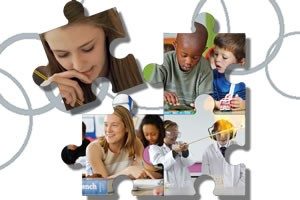
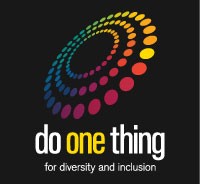
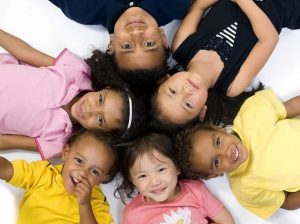
Eight simple things your School or Early Years Setting can do to celebrate World Day for Cultural Diversity
- Visit an art exhibition or a museum exhibition dedicated to other cultures.
- Invite a family or people in the community from another culture or religion to share the day with you in your school or setting and to talk to the children about their culture, religion or language.
- Share a book from another country, culture or religion.
- Play a sport related to a different culture or country (e.g. karate, kabaddi, criquet, petanque)
- Cook traditional food from different cultures.
- Explore music from different cultures.
- Invite bilingual adults from your community to share stories or songs in languages other than English.
- Teach children about the great thinkers of other cultures (e.g. Confucius, Socrates, Avicenna, Aristotle, Ganesh, Rumi).
- Take children to visit a place of worship different than yours and participate in the celebration.
- Introduce children to traditional celebrations from other cultures; learn more about Hanukkah or Ramadan or about amazing celebrations of New Year’s Eve in Spain or Qingming festival in China.

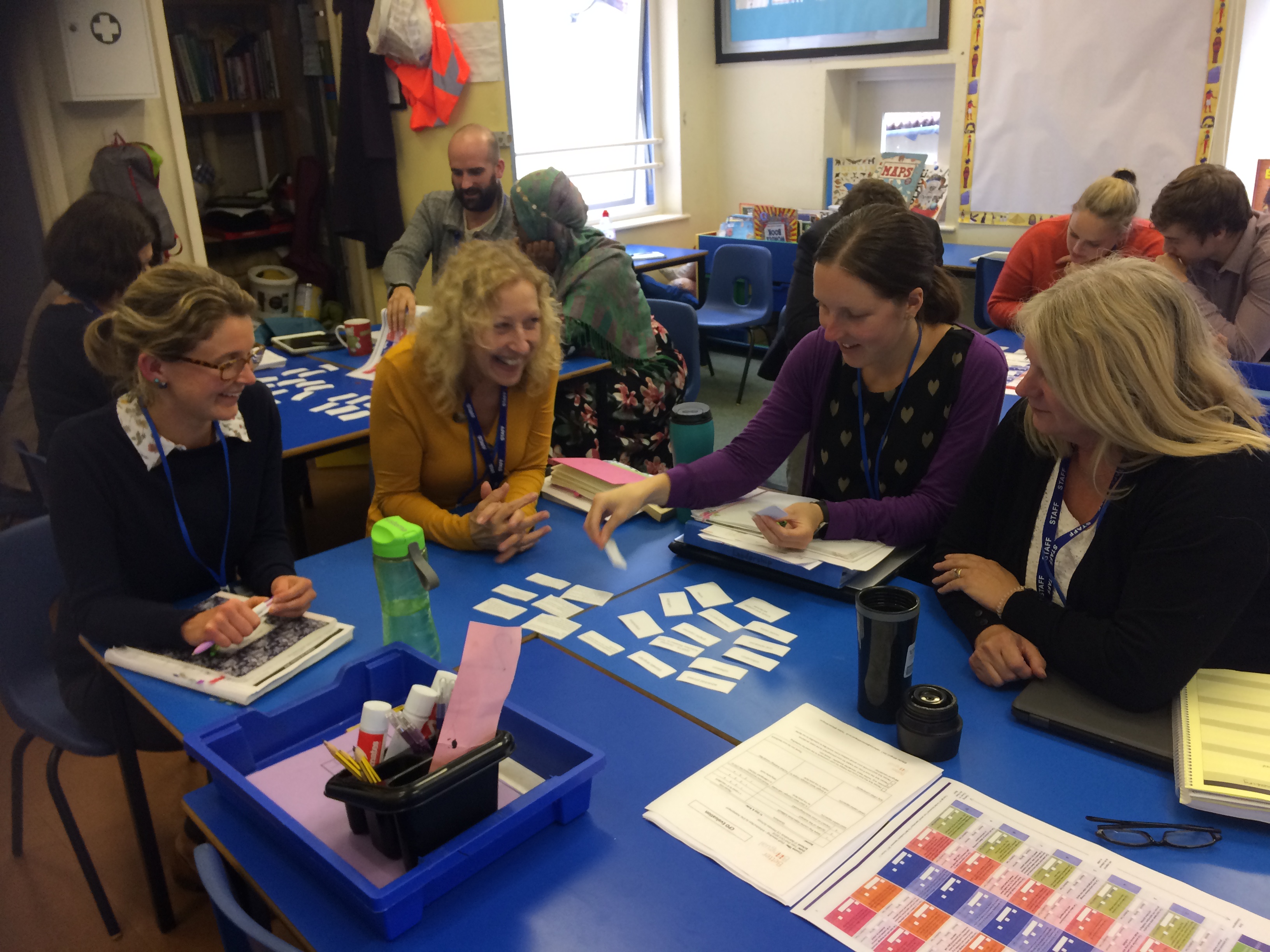
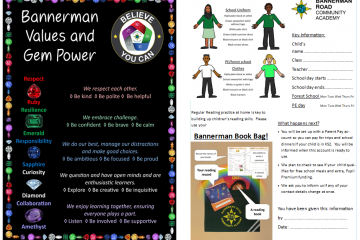
0 Comments